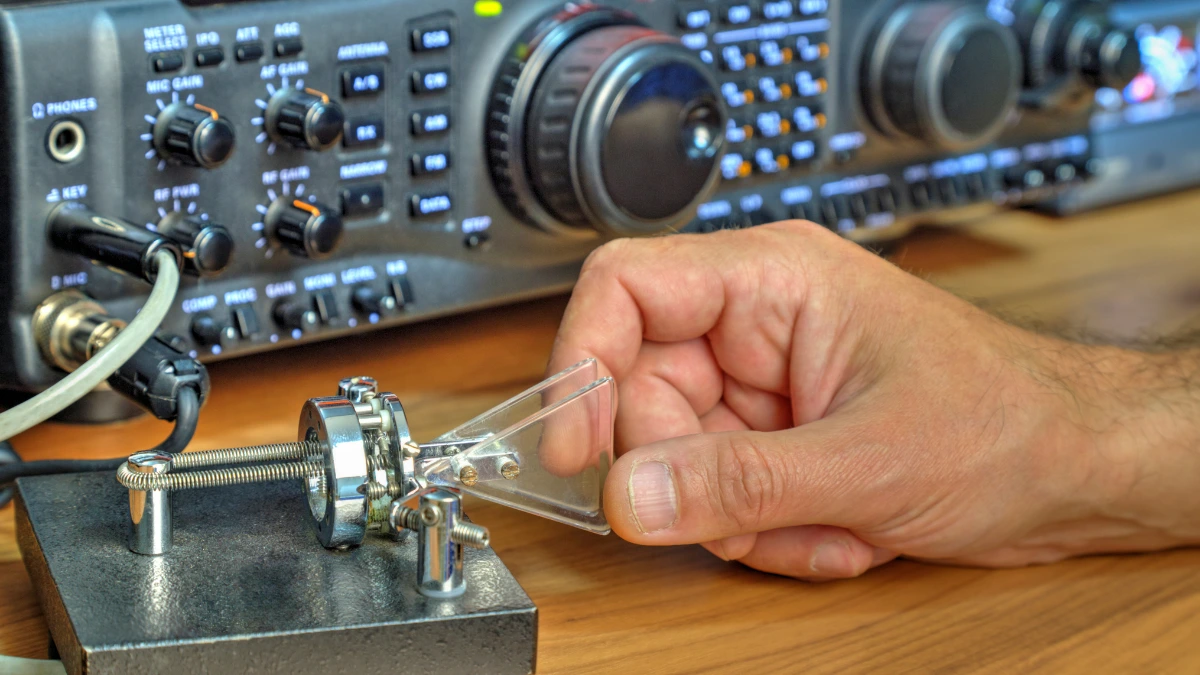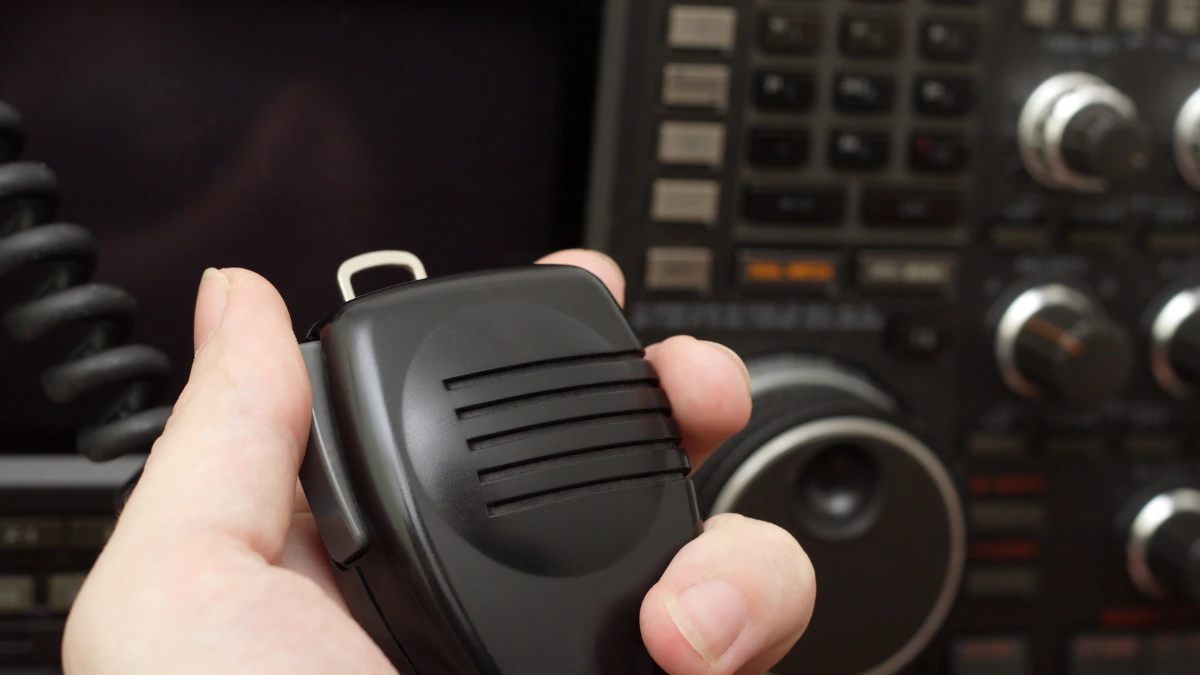An amateur radio transceiver offers numerous benefits, including the ability to be used for two-way communication in emergencies. However, the advantages and disadvantages of amateur radio transceiver cannot be easily separated, even though the benefits are evident.
As advantages and disadvantages of amateur radio transceiver include being used for emergency communication with a flexible frequency, but the thing that you must consider is limitations on the use of certain frequencies and high equipment costs.
This article will inform you about some of the advantages and disadvantages of amateur radio transceiver that you can consider.
The Advantages and Disadvantages of Amateur Radio Transceivers

Like any other technology, an amateur radio transceiver has several advantages that can be utilized and disadvantages to consider.
The advantages of an amateur radio transceiver include emergency communication, device reliability, and use for an experimental device, while the disadvantages include limitations on the use of certain frequencies, dependence on additional equipment, and operators require licenses and training. Here are the advantages and disadvantages of amateur radio transceiver:
The Advantages of Amateur Radio Transceivers

Here are some advantages of an amateur radio transceiver:
1. Emergency communication
One of the advantages of amateur radio transceivers is their use as emergency communication devices. Because they can function when standard communication systems are unavailable, these devices are often used in emergencies, such as during natural disasters.
2. Device reliability
Device reliability is another advantage of these transceivers. Designed to be sturdy and durable, these devices can be used by many operators and can withstand extreme conditions.
3. Flexible frequencies
Amateur radio transceivers can access a wider range of frequency bands than other types of radios. This device not only features voice mode but also supports various other communication modes, including Morse code, digital mode, television, and satellite.
4. As an experimental device
Another advantage of this transceiver is that it can be used as an experimental device. Many users employ the transceiver in experiments for equipment development, even contributing to technological advancements.
The Disadvantages of Amateur Radio Transceivers
Here are some disadvantages of an amateur radio transceiver:
1. Limitations on the use of certain frequencies

Although they have flexible frequencies, amateur radio transceivers also have limitations on the use of certain frequencies. Generally, amateur radio operators cannot use General Mobile Radio Service (GMRS) and Family Radio Service (FRS) frequencies.
2. Dependence on additional equipment
Transceivers used for field operations will require additional equipment such as portable battery systems. This, of course, requires further investment to add to the overall burden and complexity of the system.
3. High equipment costs
This device has supporting components such as antennas and batteries that are quite expensive. Therefore, you need to prepare the budget for these components, especially for models of good quality.
4. Operators require licenses and training
To use an amateur radio transceiver professionally, one cannot do so carelessly. Generally, operators must obtain a license through a process that requires regular training and practice.
Those are the advantages and disadvantages of amateur radio transceiver to consider before deciding to use one.
Despite its limitations, the amateur radio transceiver has emergency communication, device reliability, and use as an experimental device. [UN]